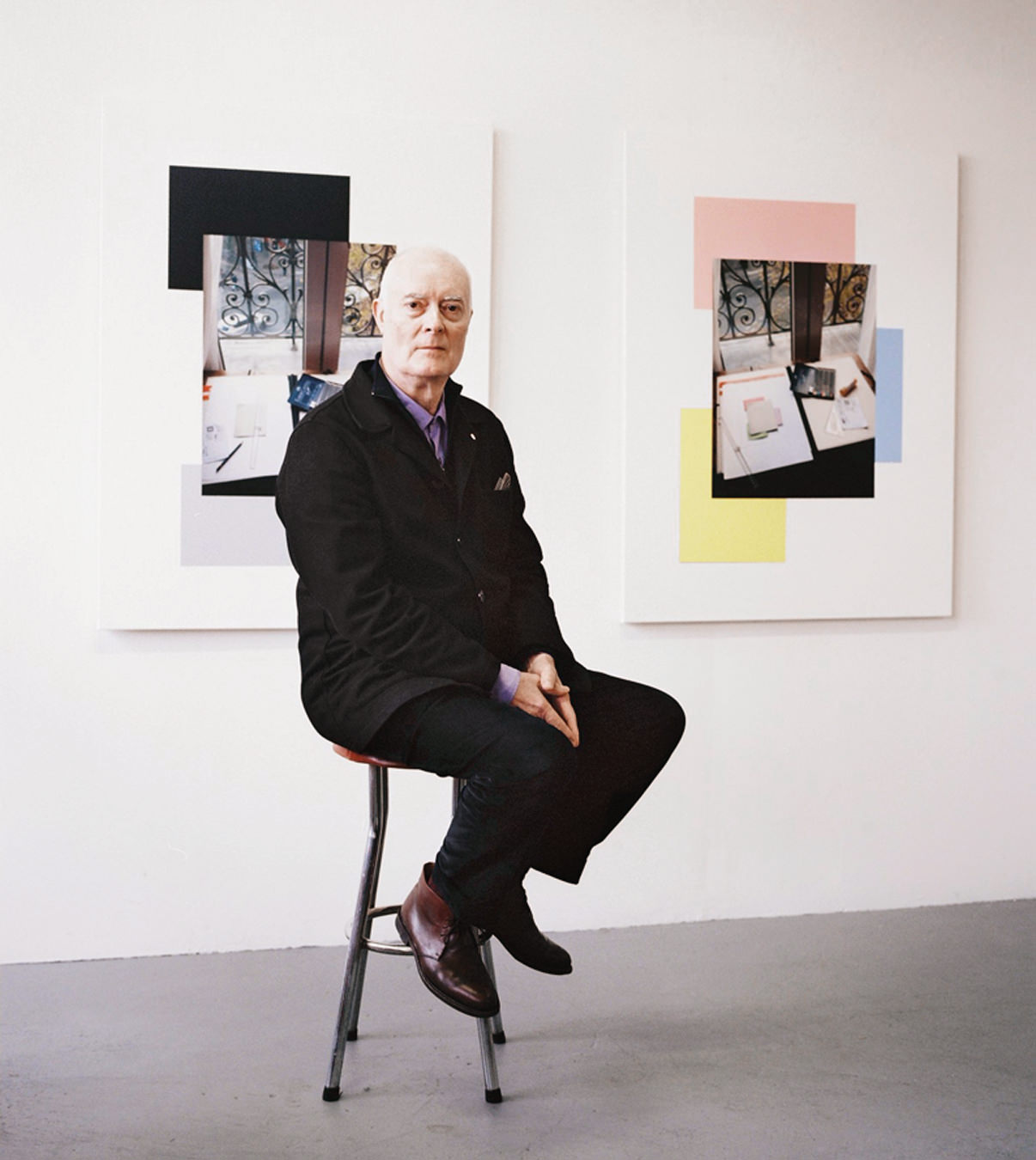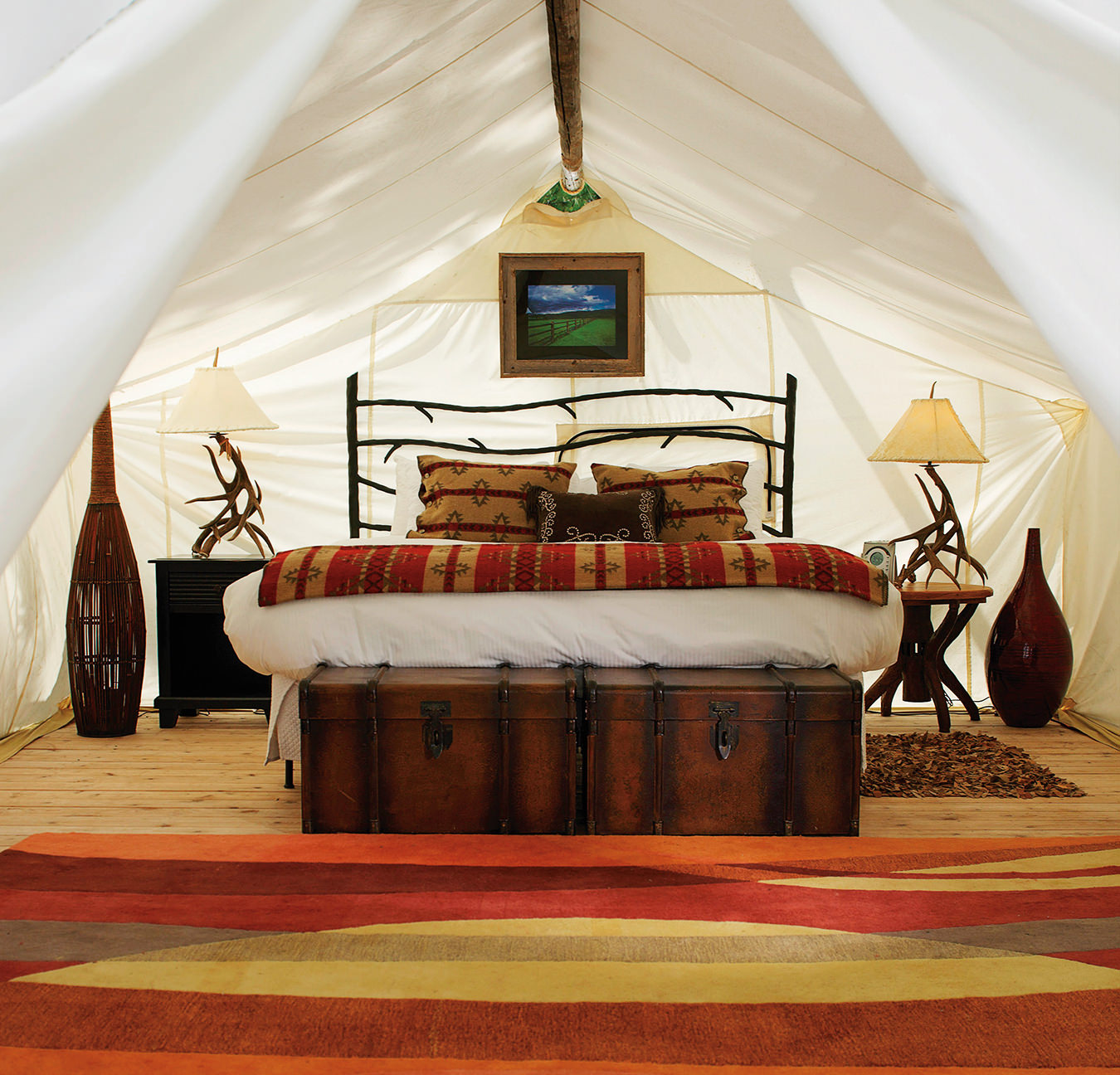Manitobah Mukluks
In 1630, at the height of the North American fur trade, a new people, the Métis, were born. In 1870, Manitoba became a province of Canada. Fast forward to 1990, when Métis entrepreneur Sean McCormick opened a trading post in Winnipeg with his sister, Heather, specializing in tanned leather for mukluks and moccasins. This culminated in the creation of Aboriginal-owned contemporary footwear brand Manitobah Mukluks in 1997.
The company, which melds heritage with modernity in its line of mukluks and moccasins, is making a serious impression on Canadian consumers, experiencing rapid growth over the past year. Thanks to this success, Manitobah Mukluks is able to invest in business-building partnerships that support the economic vitality and traditional artisanal techniques of Aboriginal communities across Canada. What began as one family’s entrepreneurial dream has grown into a political, social, and economic movement.
Authenticity is key to the company’s mandate of embracing its heritage. “Mukluk” is an Aboriginal word for winter boots. Fabricated to withstand polar vortex temperatures of minus 30˚C, the collections range from rabbit fur–trimmed to cowhide suede–fringed dancer styles. “Sean had this dream of bringing mukluks into the mainstream. And look at us now—we’re standing in Holt Renfrew,” says brand ambassador Waneek Horn-Miller, citing the Gatherer mukluk as “the perfect après-ski boot”. Manitobah Mukluks’ fleece-lined moccasins with fur ankle cuffs, like the Kanada style, are fashioned with traditional soft leather soles for wear indoors through the harsh winter, while unlined hide styles like the Harvester Suede Moccasin are designed to wear outside in the summer.
The Signature Collection is also a clear demonstration of pride in tradition. For hundreds of years, the Métis have been known as the “flower beadwork people” by tribes on the Northern Plains of Canada, so naturally, styles in this collection feature traditional floral beadwork. To make the brand’s outdoor styles more suitable for urban environments, the treads for this collection are made in partnership with rubber sole manufacturer Vibram and feature designs on the soles by Aboriginal artists.
Every pair of Manitobah Mukluks sold comes with a certificate of authenticity that outlines the brand’s role in Canada’s economic landscape—the company has various initiatives that support Aboriginal communities across the country. For every purchase, the Walk With Us program allows the customer to choose from initiatives that Manitobah Mukluks supports, to which the company will then donate an additional $1.
Through the company’s Storyboot Project, Aboriginal elders and artisans from all over the country handcraft the mukluks and moccasins in the Storyboot collection with their own designs, using the techniques that have been passed down to them from generation to generation. These artisans receive 100 per cent of the proceeds from the sale of the boots to continue investing in the tradition of teaching new generations. Tyler Alan Jacobs, a young Coast Salish designer, is on hand at Holt Renfrew demonstrating the meticulous beading process on a pair of moccasins. Jacobs is a proud, two-spirited role model who represents the meaningful connections Manitobah Mukluks aims to make. “Everything is 100 per cent hand done. It’s an honour to be sitting here as a First Nations designer,” he says.
Along with its philanthropic efforts, Manitobah Mukluks is also making strides in style. A baby collection is in the works for fall 2015, as well as a new collection that is still under wraps for next year. But through all of Manitobah Mukluks’ success, the company is committed to the continued development of local partnerships to make a global impact. As Horn-Miller shares, “It’s about celebrating. It’s about spreading that love of who we are with whomever.”




